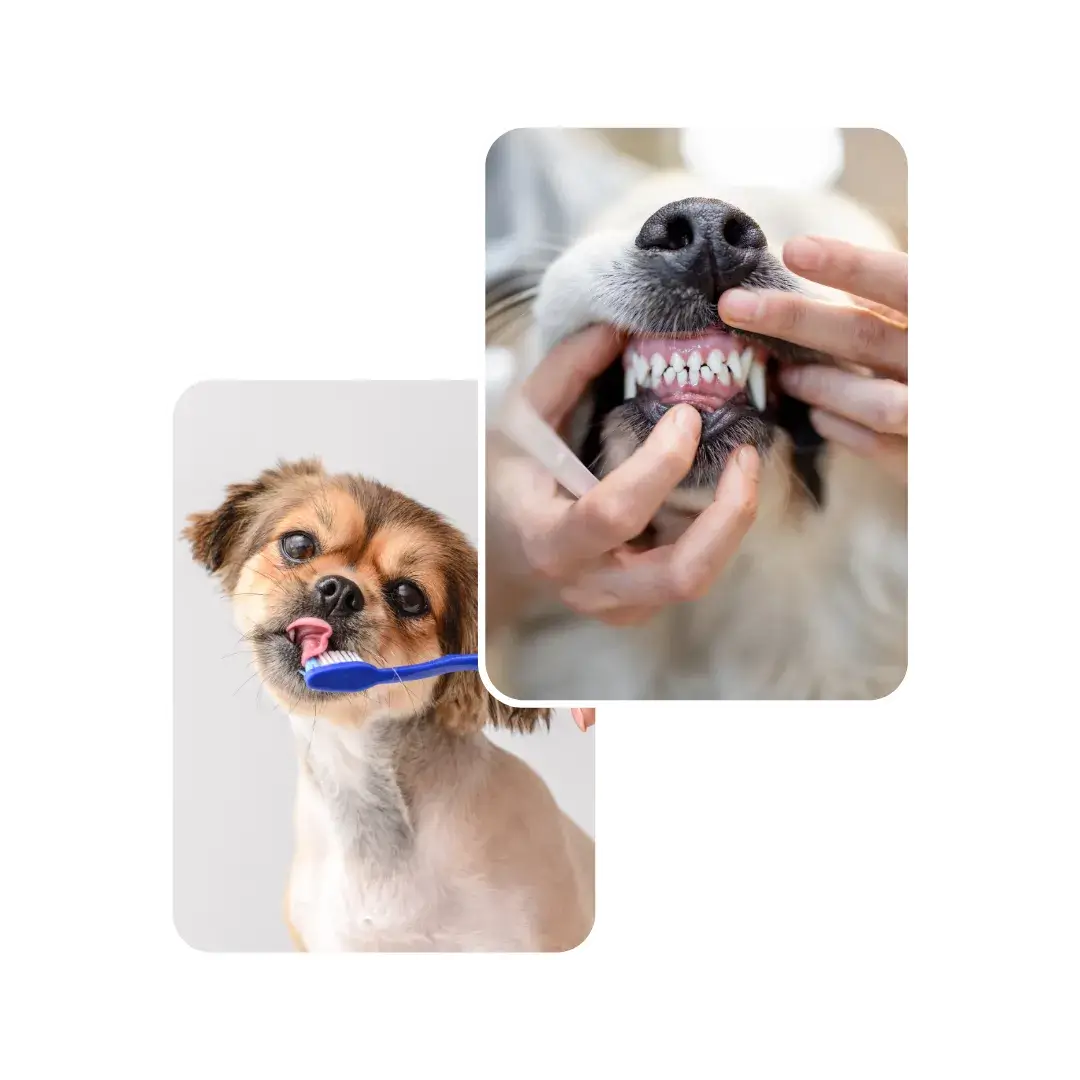

It’s a professional cleaning procedure where vets remove tartar and plaque buildup from your dog’s teeth, protecting against gum disease.
Because dental disease causes pain, tooth loss, and infections that may spread to vital organs. Scaling prevents these complications.
Most dogs benefit from yearly scaling, but small breeds or those prone to dental issues may need it every 6–8 months.
Yes, it’s done under anesthesia with modern monitoring. The benefits outweigh the risks, especially when performed by skilled vets.
Most dogs feel better immediately after cleaning. If extractions are done, mild discomfort may last a few days, managed with pain relief.
Regular brushing, dental chews, and routine vet visits all help. Scaling is the most effective prevention method.
Yes. You can explore more about dog problem and treatment on our dog page to stay informed and prepared.
Your pet deserves expert care – Subscribe now for trusted tips and updates from our pet experts.
